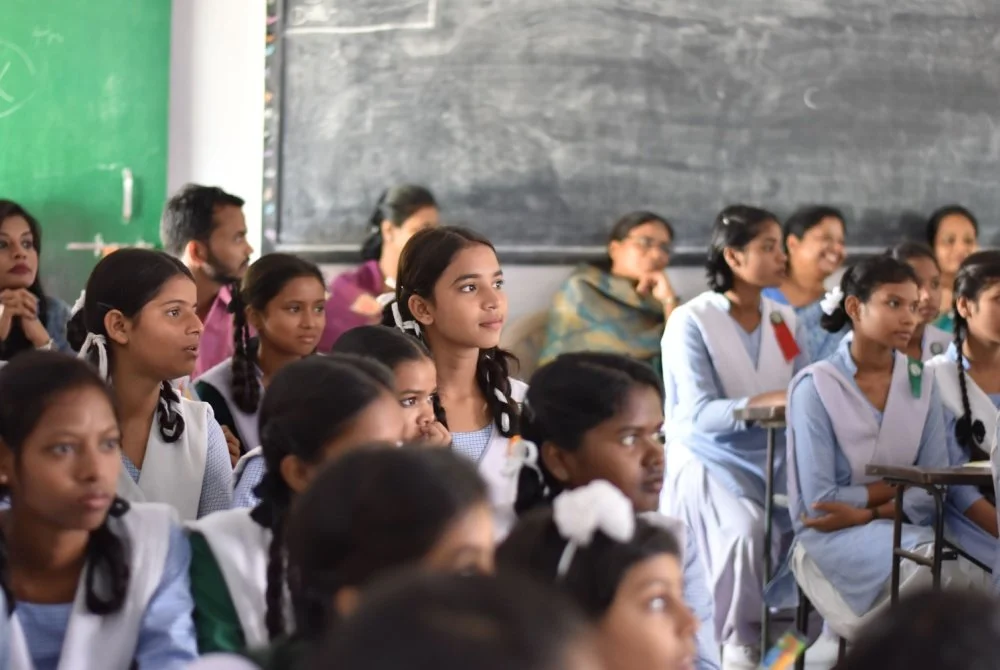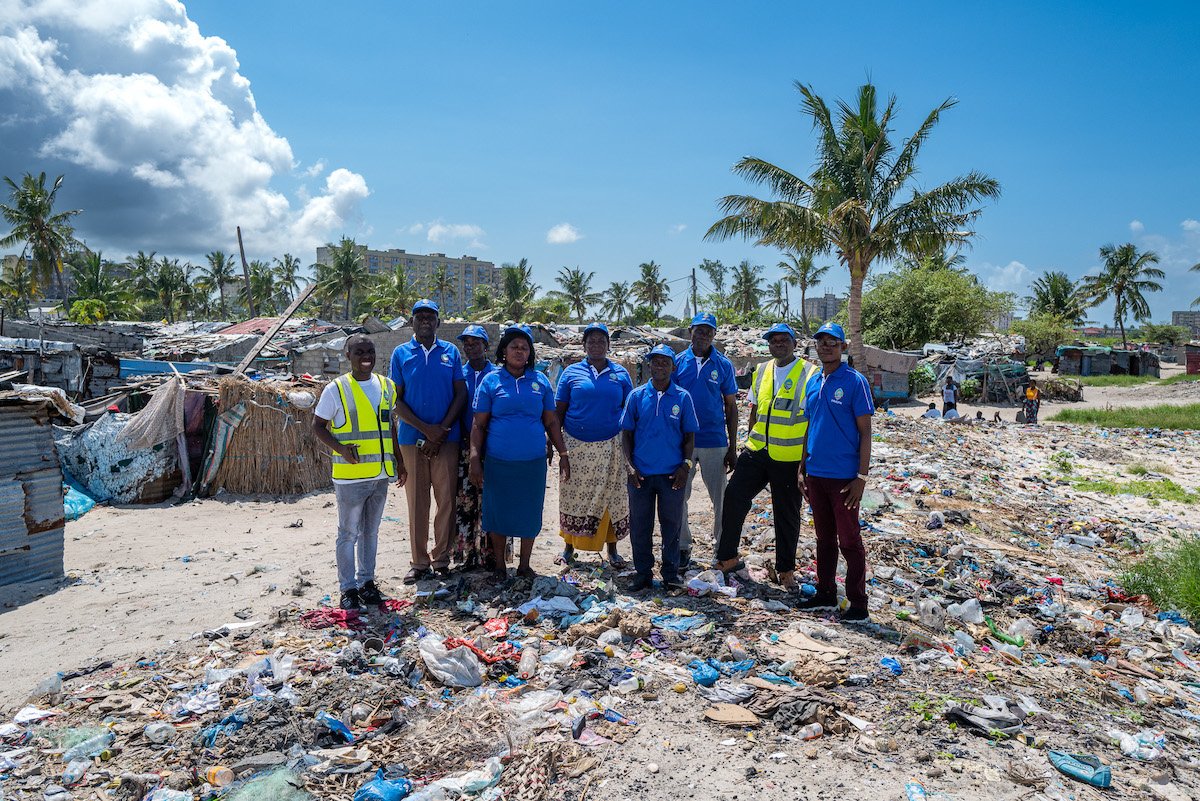Three Things to Know About Dana Hovig, Who Now Leads Hewlett’s Global Grantmaking
/hewlett is a leading funder of reproductive health work in africa.
The William and Flora Hewlett Foundation has a new director of its Global Development and Population program, Dana Hovig, who is starting his job this month. He replaces Ruth Levine, who completed her eight-year term as director at the end of May.
Hewlett is one of the top U.S. funders focused on global issues, making $106 million in grants in this area in 2018. As with any new program director, Hovig will have latitude to revise the program’s goals and strategy. Grantees are no doubt following the transition, so what do they need to know about him?
1. He Has Deep Experience in Reproductive Health Issues
Hovig comes to Hewlett from a six-year stint at the Bill & Melinda Gates Foundation. Prior to that, he spent 17 years working on reproductive health issues as CEO at Marie Stopes International and as a senior vice president at Population Services International. That background makes him an ideal candidate to lead Hewlett’s longstanding work on reproductive health. What’s less clear is what programmatic changes Hovig might advocate in this area.
Currently, the foundation’s strategy targets two critical groups: poor rural women and young women, and concentrates funding in Francophone West Africa and East Africa, because in these regions, “progress on family planning and reproductive health has been slow or stalled,” according to Hewlett. If the foundation is looking to shift its priorities on reproductive health, Hovig brings the deep experience in this area needed to guide such a transition.
2. He is Not Linked to the Transparency and Accountability Movement
While Hewlett is well known for its support of reproductive health, the other branch of its global grantmaking, the Citizen Voices program, has actually commanded a larger share of grant dollars over the past eight years—around $447 million. Hovig is a less obvious choice to oversee this part of Hewlett’s work, which seeks to “increase government responsiveness to citizens by increasing transparency, participation, and use of robust research and data in decisions.” He has no history in the transparency and accountability movement, which is the larger agenda to which the Citizen Voices work is aligned. Hovig also faces a tougher set of challenges, here.
In May, I wrote a 4,000-word piece on Hewlett’s global development program, which criticized the Citizen Voices work, arguing that the bulk of the evidence showed that transparency and “social accountability” do not improve service delivery to the poor in low-and middle-income countries. Since I wrote this, Harvard researchers published another study confirming this conclusion.
Given the mounting evidence of this movement’s failures—especially in the context of the political urgency of economic and social issues—I imagine Hovig will take a fresh and independent look at how Hewlett is allocating a big chunk of its global grantmaking dollars.
The Citizen Voices work covers multiple technically distinct and complicated sectors—health, education and water. Hewlett may achieve greater impact by winding down this work and concentrating its resources on reproductive health rather than spreading itself too thin.
3. He Spearheaded the Creation of the Gates Foundation’s Integrated Service Delivery Program
At the Gates Foundation, Hovig created and led its Integrated Delivery program within its global health program. It was Hovig who pushed Gates to move from its focus on vaccines and technology to include the improvement of primary healthcare systems in low- and middle-income countries.
Hovig’s belief in the importance of supporting primary healthcare systems, which in low-income countries are usually government-run, may lead him to advocate dumping the transparency and social accountability agenda completely. He may prefer an approach that explicitly supports government, rather than attempts to hold it accountable.
The fact that Hovig is an immigrant from Gatesland has larger implications for the future of global development philanthropy. The Gates Foundation is the dominant player in this arena as the world’s largest, wealthiest and most powerful private foundation. After nearly 20 years in operation, it has graduated several classes of alumni, who have fanned out to serve in leadership roles at other donor organizations. For example, Raj Shah left Gates in 2009 to lead the U.S. Agency for International Development, and is now head of the Rockefeller Foundation. Now, Hovig is migrating from Gates to Hewlett.
Over the long term, there is a real danger that the Gates Foundation will exert undue influence on global health policy through the emergence of groupthink—and possibly even a monopoly on global health ideas, just as Microsoft achieved a monopoly on word processing and operating system software.
Fortunately for Hewlett, Hovig has a reputation as one of the few Gates leaders who were able to successfully challenge the Gateses and maintain a critical distance.







































